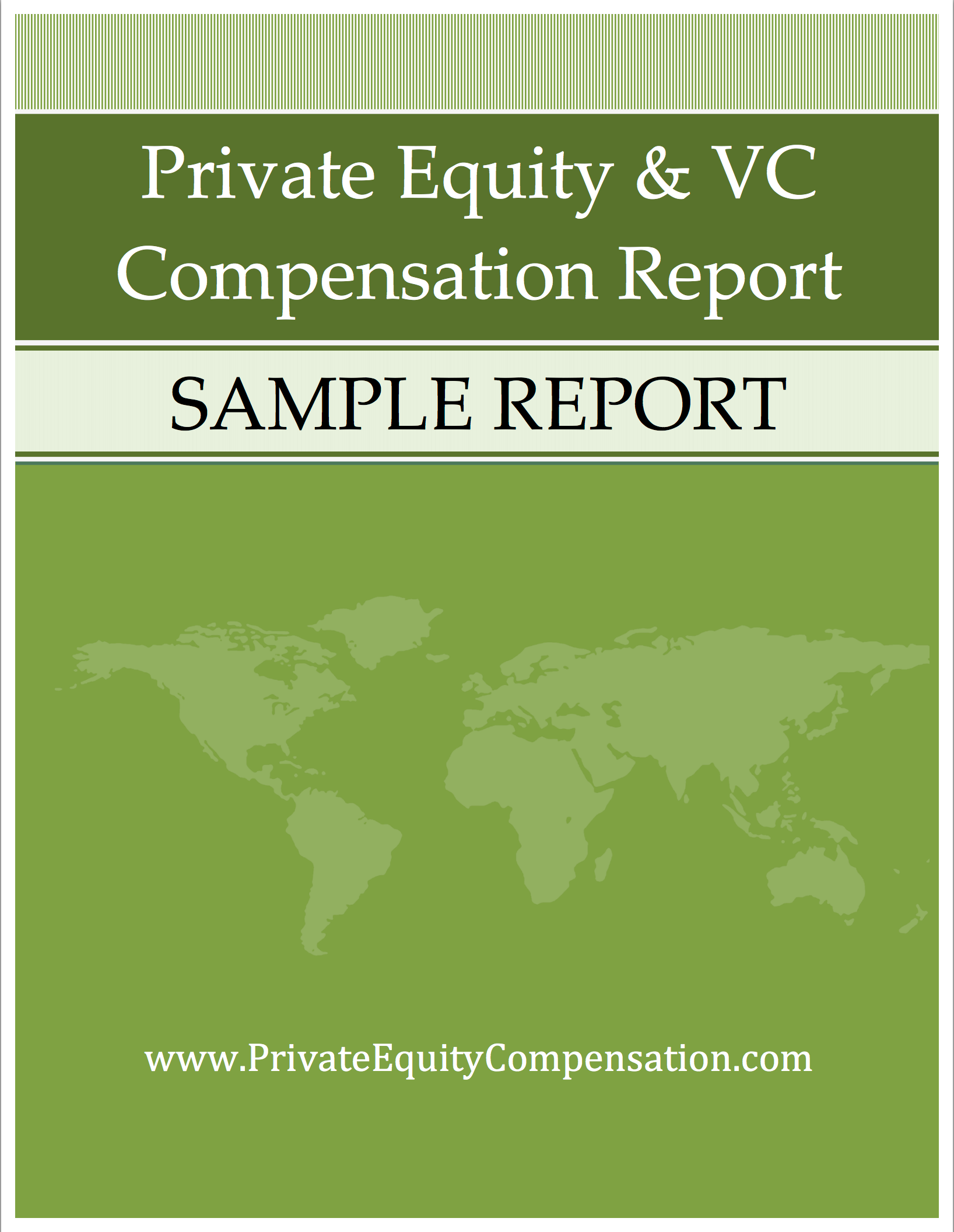Across the financial industry, we’ve seen an overall shift to tying bonuses more closely to the firm’s results for its investors. Whether an investment banker is driving corporate profits for shareholders or a private equity fund manager is beating the benchmark for his clients, this trend remains evident. This was clear in our survey of private equity and venture capital professional, where we saw that respondents in low performing firms were no long expecting large bonus checks, while those in exceptional firms were demanding large payouts. It seems that investors will have to live with the reality cutting both ways, perhaps saving on fees during times of weak performance while expecting to pay more for results that exceed industry averages.
Private Equity and Venture Capital Fund Performance Expected to be Stronger in 2012
The expectations for fund performance were considerably improved in our most recent survey in comparison to the previous year. A very solid 80 percent of respondents expected a positive year for their fund, up from only 73 percent in the year prior. On the negative performance side, only 6 percent of respondents expected their firm to post a lost in 2012, which compares favorably to 9 percent in the year prior. Many funds were expecting outstanding performance as well, with over half of respondents indicating that they expected their fund to return over 10 percent for the year. This would mark a substantial jump over 2011 levels and also would indicate outperformance compared to many alternative asset classes.
Expected Bonuses Generally Follow Fund Performance
In our survey, we noticed that expected bonus payouts for the year generally trended in line with fund performance. For example, for funds that were expected to return between 10 and 25 percent in 2012, the average bonus expectation was approximately $175,000. In a fund where returns were expected to be even, the average incentive payment was predicted to be only in the range of $60,000. The expected payout falls even further once a fund begins to lose value, with the average expected payout for a fund losing greater than 10 percent estimated at only $11,000. This dramatic difference between bonus payouts is indicative of the shift in corporate compensation discussed earlier.
As we continue in an environment with generally low overall returns, fees and performance will become increasingly important for individual and institutional investors alike. Accordingly, compensation is going to be increasingly tied to fund performance, especially at the higher levels of the firm where the large bonuses are paid.

